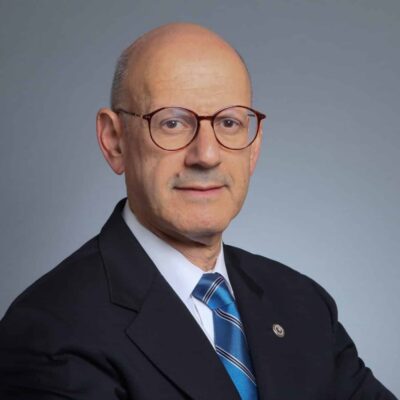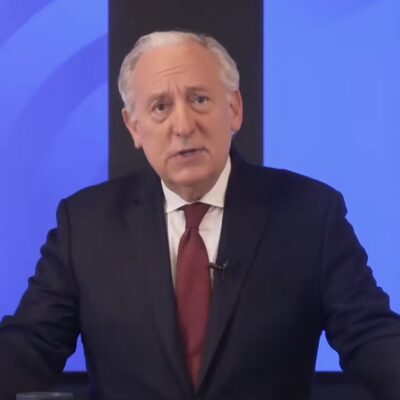Opinion
Future proof
The ‘New Normal’: how to successfully adapt to a hybrid office model
As Americans begin to transition into a post-pandemic environment, leaders of national nonprofit organizations are being forced to reckon with how to make use of the lessons learned from our once strong business models when its underpinnings have been ripped away. Corporations and nonprofits will make their own decisions, and while many will return to brick-and-mortar central offices as soon as it’s safe and practical to do so, others will see this moment as an opportunity for creativity, a shift to greater efficiency, and an injection of accountability into our workforce. Those who embrace the possibilities will lead in a post-pandemic environment.
For many reasons, in-person work at a central location hasn’t made sense in a long time. It’s expensive. It’s inefficient. And it limits the pool of available talent. There is a more strategic and sustainable way forward, but the inertia of establishing an office culture prevented all but the most daring to eschew tradition. Our forced adaptations of the past year have proven, however, that all of us can be highly-functioning, better able to compete for talent, and be good stewards of resources to maximize our impact while working remotely.

Shutterstock
It would be a mistake to walk away from what’s been proven to work. We can, at the very least, consider hybrid approaches that allow us to enjoy the best of both the traditional work environment and born-from-necessity remote work.
At Christians United for Israel (CUFI), we have never felt the need to go all-in on one model or another. Rather, we’ve embraced a hybrid approach of a central office and a national, decentralized workforce. This allows us room to experiment with what works best for all. The approach has provided flexibility for working parents, has ended the choice between where we work and where we live, reduced our carbon footprint, and allowed room for creative and entrepreneurial ideas that might have otherwise been stifled.
Of course, CUFI is youthful in comparison to many far better-established organizations. We’ve been protected from the substantial overhead and long-term leases so common in legacy organizations. But as the pandemic has shown us: we all can adapt. It’s simply a matter of will.
For more than ten years, we’ve known that remote work allows for increased productivity and collaboration — wherever our staff chooses to be. Through collaborative workflows and goal setting, we’re able to hold all employees accountable. That’s the lynchpin in embracing remote work – accountability – and it requires full buy-in from top to bottom.
To not only survive but thrive in a post-pandemic period, nonprofits should recognize that core values aren’t just for policy agendas and fundraising, and ought to be maximized to their full potential.
Laying the groundwork to do so will take time. Building organizational unity among a widely disrupted workforce is a challenge. But it is possible to build a community and comradery between employees all while being fully remote. A sense of “family” has been established within our staff because we value an employee’s freedom to live in whatever community is right for them and their families.
Even before the pandemic, our employees’ virtual capabilities and familiarities with virtual teamwork has allowed us to collaborate and hold one another accountable. We believe that each employee enabling their fellow colleagues to feel valued beyond their paycheck is critical to unity. And that flexibility allows organizations to find the right person — for any position — regardless of where they reside.
Through the hybrid model, CUFI has been able to attract and retain top-tier talent, budget for greater investments in relationships — instead of office rent— and build an effective and growing membership to 10 million Americans.
We wholeheartedly believe that our hybrid framework can serve as a roadmap for efficiency and effectiveness for other nonprofit and Jewish organizations, in addition to corporate businesses, and we call upon our friends in this space to adopt the framework into your own respective entities. We all can serve as leaders in our own communities without sacrificing proper business efficiency by working remote, but it starts with individual, and more importantly, organizational accountability for your core values.
Shari Dollinger, the Co-Executive Director of Christians United for Israel, will deliver an address to the North American Association of Synagogue Executives on “Leadership in the ‘New Normal” during their annual conference on March 9th.

 Add EJP on Google
Add EJP on Google









